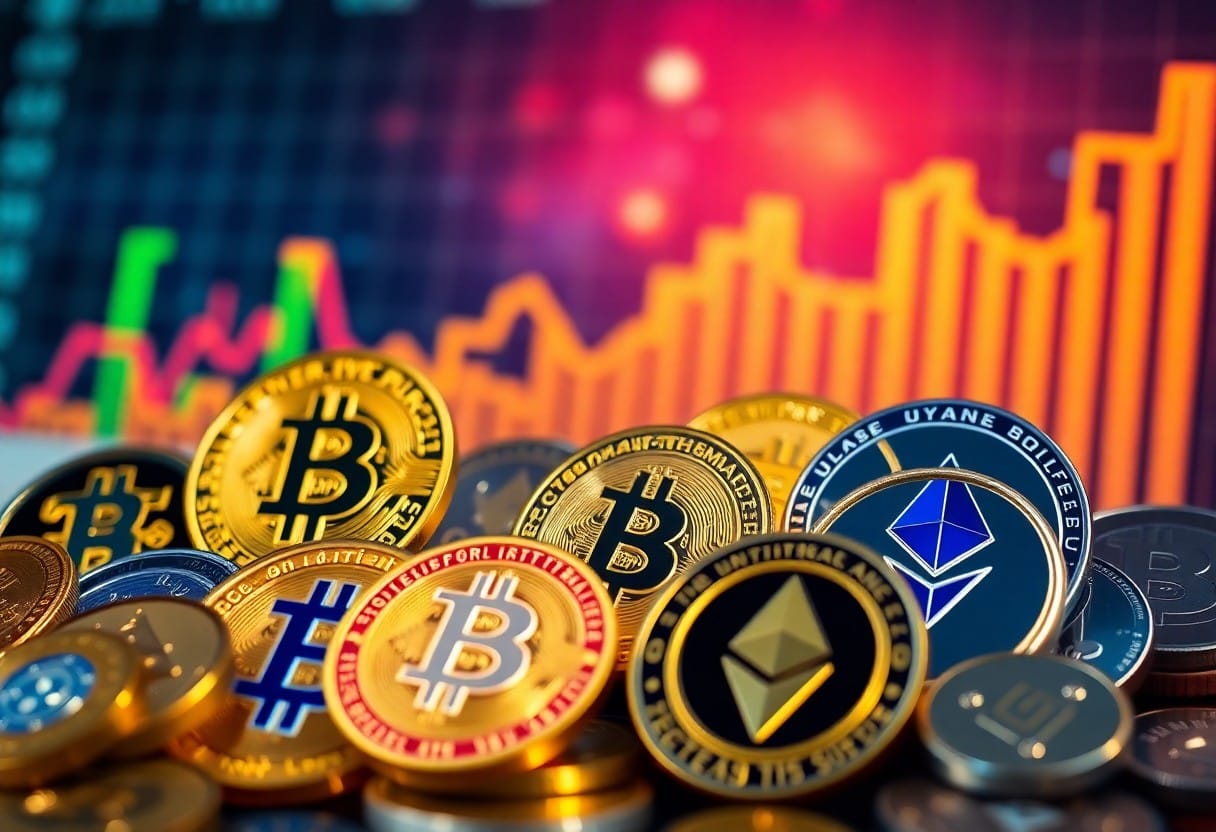Gold is a precious metal that has always been of interest to investors and savers. However, in recent days, many people have started asking the question will gold prices fall. Factors such as economic fluctuations, inflation and geopolitical issues directly affect investment decisions. So, what do the experts say about this? In this article, we will take a look at possible developments in the gold market with experts’ comments and future forecasts.
Main Points
- Expert opinions offer important clues on how gold prices will be shaped in the coming period.
- Economic and market conditions are among the main factors affecting the fall or rise of gold prices.
- Historical data provides an important reference for the safe-haven characteristic of gold investment.

The Reasons Why Gold Prices Fall: Expert Analysis and Market Dynamics
The recent fluctuations in gold prices are attracting the attention of investors and those interested in economic analysis. Price declines are the result of a combination of factors. Expert analysis reveals the reasons for these changes, taking into account market dynamics and competitive conditions.
1. Global Economic Developments
Global economic data and developments have a direct impact on gold prices. The following factors are particularly noteworthy:
- Inflation Rates: Rising inflation generally increases demand for gold, but can lead to a decline if contained.
- The Strength of the US Dollar: The appreciation of the dollar negatively affects the prices of precious metals such as gold. Investors may prefer to profit from the dollar.
- Global Political Uncertainty: Although political instability and uncertainties lead investors to seek a safe haven, they can sometimes lead to gold sales contrary to expectations.
2. Interest Rates and Monetary Policy
The monetary policies implemented by central banks directly affect the gold market. Especially:
- Rising Interest Rates: A rise in interest rates could increase demand for the dollar, which could lead to a fall in gold prices.
- Money Supply: When central banks increase the money supply, it increases liquidity in the markets, which can sometimes lead to a stabilization of gold prices.
3. Market Psychology and the Balance of Demand and Supply
The behavior of market participants is an important factor affecting gold prices. In this context, the following points should be considered:
- Market Expectations: Investors’ expectations for the future of gold prices have a significant impact on current price movements.
- Speculation: Short-term speculative movements can lead to price fluctuations and sudden drops from time to time.
In summary, declines in gold prices are driven by a combination of economic and psychological factors. Each of these factors shapes investors’ decisions and market dynamics. Experts’ opinions help us understand these processes and enable us to predict future movements.

What Will Gold Prices Be in the Future? Economic Indicators and Expert Forecasts
Gold has historically been considered a safe investment. However, there is still uncertainty about what will happen to gold prices in the coming period. Experts’ forecasts are shaped by various economic indicators and market dynamics. In this article, we will examine the factors affecting gold prices and expert predictions.
The Role of Economic Indicators
Gold prices are often linked to key economic indicators such as inflation, interest rates and exchange rates. In particular, rising inflation rates may cause investors to turn to gold. To better understand this situation, let us examine the following table:
| Indicators | Expectations |
|---|---|
| Inflation | High |
| Interest Rate | Low |
| Foreign Exchange Rates | Wavy |
Analyzing the above data, one can more clearly understand how the forecasts are constructed. Some economists expect inflation rates to rise next year. However, if interest rates remain low, investors may turn to gold. However, fluctuations in exchange rates create uncertainty in international markets.
Expert Forecasts
Many experts are predicting an increase in gold prices next year. However, various potential threats need to be taken into account for this to be certain. In particular, geo-political developments and the policies of central banks will be decisive. In addition, some analysts claim that gold prices may remain stable at a certain level. The bottom line is that forecasts for gold prices are becoming confusing due to the complex economic structure and uncertainties.
In conclusion, we can say that many variables need to be taken into account when analyzing the impact on gold prices. Future price movements present both opportunities and risks. Therefore, it is of utmost importance for investors to act cautiously and consciously.

Conclusion
In conclusion, the question of whether Gold Prices will fall is always a topical debate for investors and economic enthusiasts. However, factors such as market fluctuations, international developments and inflation rates can seriously affect these prices. However, since the value of gold has been maintained throughout history despite many crises, it would be misleading to think that it will fall completely. Nevertheless, it is worthwhile to analyze carefully before investing. Therefore, it is important to evaluate the current situation before investing in gold. In short, while the future of gold prices remains uncertain, it is always best to conduct careful research.
Frequently Asked Questions
Why do gold prices fluctuate?
Gold prices can be influenced by many factors; economic data, inflation rates, exchange rates, geopolitical developments and central bank policies all contribute to price fluctuations.
What should I do if gold prices fall?
If you think gold prices will fall, you may want to review your investments and consider alternative investment vehicles or sell your existing gold savings. However, it is important to do a good research before making a decision.
When should I wait to buy gold?
The best time to buy gold is when prices are nearing their bottom after you have done your market analysis. It is also useful to keep track of seasonal spikes in demand and the economic situation.
 Anasayfa
Anasayfa Canlı Borsa
Canlı Borsa Borsa
Borsa Döviz Kurları
Döviz Kurları Altın
Altın Hisse Senetleri
Hisse Senetleri Endeksler
Endeksler Kripto Paralar
Kripto Paralar Döviz Hesaplama
Döviz Hesaplama Döviz Çevirici
Döviz Çevirici Kredi Arama
Kredi Arama

 News
News






























































































